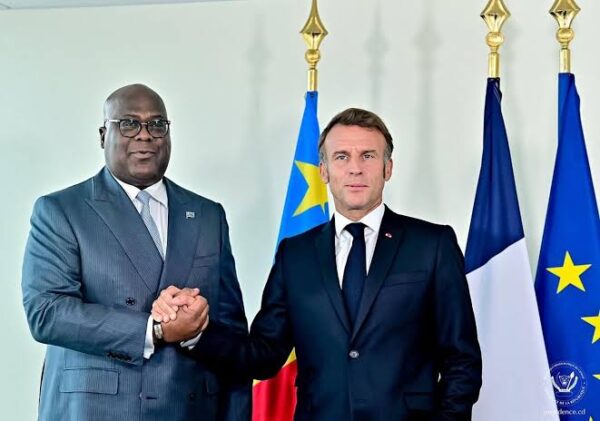By Rodrigue Fénelon Massala, special envoy of Financial Afrik in New York.
Third day of the 80th general session of the United Nations. At the entrance of the chamber, the white flowers and reddish carpets fail to hide the strained features of a global diplomacy exhausted by so many simultaneous conflicts. The slogan of this edition – “Together for a better future” – hangs in the air like a wishful thinking, reminding more of the advertising slogans of a multinational corporation than the rigor of an institution supposed to represent 193 states.
Trump’s shadow, between technical failure and calculated provocation
Donald Trump, as usual, stole the show. We will remember both his acerbic speech and his slow ascent to the stage, hindered by a capricious escalator. “Sabotage,” he muttered backstage, furious, after a teleprompter malfunction followed by crackling audio that made the Scandinavian delegation smile. At the podium, the American president fired shots at everything that makes up the multilateral architecture: migration, climate, the UN itself. Some diplomats rolled their eyes, others left the room.
Palestine, Gaza, and empty chairs
Highlight: the symbolic recognition of Palestine by several Western countries, including France. A shockwave, immediately echoed in the plush corridors where diplomats exchange more cutting asides than their official speeches. The Gaza crisis gave rise to a battle of symbols: rooms emptying during the Israeli intervention, indignant interventions, hastily drafted statements. The tone, electric, betrayed less solidarity than accumulated exasperation.
Anniversaries and nostalgia
The Assembly also marked the thirtieth anniversary of the Beijing World Conference on Women (1995). Solemn tributes on the lecterns. In the corridors, cynical murmurs about the blatant regression of women’s rights. A Nordic minister, slipping her badge under her collar, confided: “We have been repeating the same speeches for 30 years, while algorithms reproduce our discriminations.”
Africa in the arena: Tshisekedi and Macron in private
President Tshisekedi played the card of raw sincerity. He accused Kigali of military duplicity and issued an improbable challenge: “If Trump resolves the crisis in eastern DRC, I propose him for the Nobel Peace Prize.” A few stifled laughs escaped from the African rows. More discreetly, Emmanuel Macron offered a lunch to his Congolese counterpart, hinting at a humanitarian conference in Paris in October. France wants to position itself as a mediator, but Congo expects tangible guarantees from the UN, beyond mere rhetoric.
Parallel diplomacy: Sassou and the UNESCO battle
Meanwhile, Denis Sassou Nguesso turned New York into a campaign ground for Edouard Matoko, his candidate for UNESCO. Private dinners, late-night phone calls, promises of support: a diplomatic ballet worthy of a football transfer market, where each country’s vote weighs more than its economic weight.
New York streets, barometer of passions
In front of the UN headquarters, another scene unfolded. Pro-Palestinian banners, anti-globalist cries, signs accusing Trump of all evils: the outdoor theater rivaled the indoor spectacle. Police sirens measured the global unease, like a sonic counterpoint to the lyrical flights of the heads of state.
Conclusion
The 80th session of the UN General Assembly will not be remembered in history for its resolutions – they are still under construction – but for its sidelines, those tiny details that reveal the fatigue of an exhausted multilateralism. Broken escalators, capricious microphones, chairs clapping as delegations rise: sometimes, these tiny accidents tell the truth of grand diplomatic gatherings.


